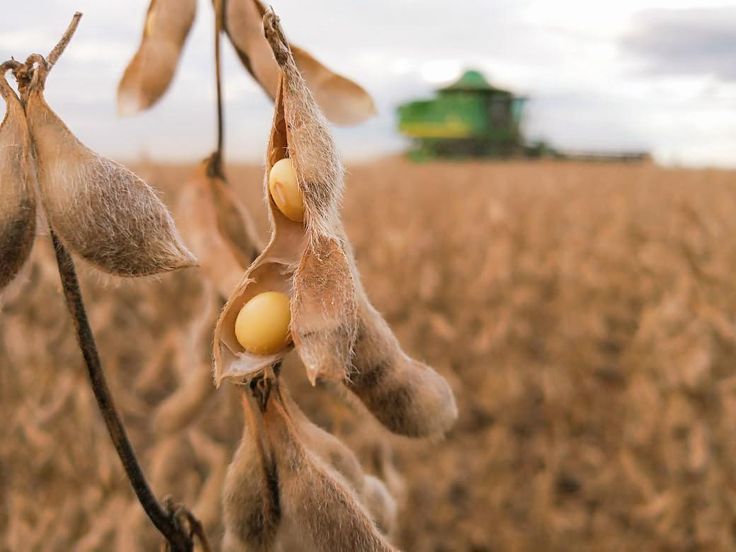Categories
The latest content
-

Customs Clearance & Import Regulations for Bulk Iranian Pinto Beans in EU, Middle East & Africa
..
-

Quality Control & Laboratory Testing Standards for Iranian Pinto Beans
..
-

Logistics & Shipping Solutions for Bulk Iranian Pinto Bean Exports
..
-

Minimum Order Quantity (MOQ) & Bulk Pricing for Iranian Pinto Bean Buyers
..

Tags
Customs Clearance & Import Regulations for Bulk Iranian Soybean Seeds in EU, Middle East & Africa

Exporting bulk Iranian soybean seeds to international markets requires not only premium-quality seeds but also a thorough understanding of customs clearance procedures and import regulations. Buyers and importers need to ensure compliance with legal frameworks to prevent delays, fines, or shipment rejections.
Understanding International Import Regulations
Each region has specific rules regarding the import of agricultural products like soybean seeds. These regulations are designed to safeguard local agriculture, ensure food safety, and comply with international trade standards. Key aspects include:
• EU Regulations:
o Phytosanitary certificates are mandatory to prove the seeds are free from pests and diseases.
o Compliance with EU pesticide residue limits (MRLs) and food safety standards is essential.
o ISO and HACCP certifications are highly recommended to facilitate smooth clearance.
• Middle East Regulations:
o Halal certification may be required for food-grade soybeans.
o Some countries enforce local testing for aflatoxins and other contaminants.
o Proper labeling, including country of origin, batch number, and production date, is often mandatory.
• Africa Regulations:
o Phytosanitary certificates and import permits are mandatory.
o Seed germination and purity tests may be required, particularly for agricultural-grade soybean seeds.
o Compliance with local customs documentation and taxes is critical to avoid delays.
Key Customs Documents
To ensure smooth customs clearance, the following documents are typically required for bulk Iranian soybean seed shipments:
1. Commercial Invoice: Detailed invoice specifying quantity, price, and HS code.
2. Packing List: Lists the contents of each package for verification.
3. Certificate of Origin: Confirms that the soybean seeds are sourced from Iran.
4. Phytosanitary Certificate: Certifies the seeds are free from pests and diseases.
5. Quality Certificates: ISO, HACCP, and any applicable organic or Halal certifications.
6. Bill of Lading / Airway Bill: Essential shipping document confirming delivery to the destination port.
Tips for Importers
• Work with Experienced Customs Brokers: Navigating import regulations can be complex; a professional broker ensures compliance and avoids costly delays.
• Verify Documentation in Advance: Ensure all certificates are valid and properly formatted before shipment.
• Understand Local Tariffs and Duties: Duties may vary depending on the destination country and HS code classification.
• Plan for Inspection Procedures: Some customs authorities may conduct random inspections or lab tests to verify quality.
Conclusion
Importing bulk Iranian soybean seeds into the EU, Middle East, and African markets requires meticulous planning, accurate documentation, and compliance with phytosanitary, food safety, and certification standards. Buyers who understand these regulations can secure timely deliveries, maintain supply chain reliability, and build long-term partnerships with trusted Iranian exporters. Proper knowledge of customs clearance and import rules ensures that high-quality soybean seeds reach their destination efficiently, legally, and with minimum risk.
Email: tamilaagrifood@gmail.com
Phone / WhatsApp: +989141858935



